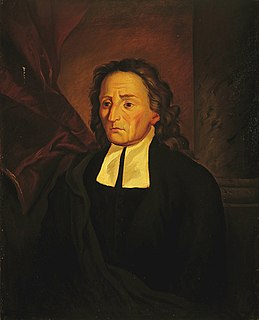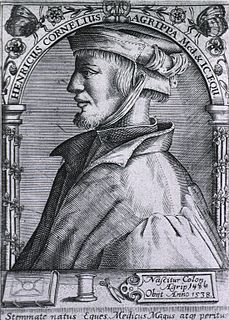A Quote by Samuel Johnson
Vulgar and inactive minds confound familiarity with knowledge, and conceive themselves informed of the whole nature of things, when they are shown their form or told their use.
Quote Topics
Related Quotes
Among the innumerable mortifications which waylay human arrogance on every side may well be reckoned our ignorance of the most common objects and effects, a defect of which we become more sensible by every attempt to supply it. Vulgar and inactive minds confound familiarity with knowledge and conceive themselves informed of the whole nature of things when they are shown their form or told their use; but the speculatist, who is not content with superficial views, harasses himself with fruitless curiosity, and still, as he inquires more, perceives only that he knows less.
But the nature of our civilized minds is so detached from the senses, even in the vulgar, by abstractions corresponding to all theabstract terms our languages abound in, and so refined by the art of writing, and as it were spiritualized by the use of numbers, because even the vulgar know how to count and reckon, that it is naturally beyond our power to form the vast image of this mistress called "Sympathetic Nature.
The difference between a path and a road is not only the obvious one. A path is little more than a habit that comes with knowledge of a place. It is a sort of ritual of familiarity. As a form, it is a form of contact with a known landscape. It is not destructive. It is the perfect adaptation, through experience and familiarity, of movement to place; it obeys the natural contours; such obstacles as it meets it goes around.
Julie Taymor. She is my gold standard of stage directors. I think she has a comprehensive knowledge of theatrical form, since she lived in Indonesia, Java, Japan and France. Her knowledge of form is limitless. Whenever I get painted in a corner, I think about what form she would use, because that is what she practices. It's about accessing the theater traditions of the whole world.
Magic is a faculty of wonderful virtue, full of most high mysteries, containing the most profound contemplation of most secret things, together with the nature, power, quality, substance and virtues thereof, as also the knowledge of whole Nature, and it doth instruct us concerning the differing and agreement of things amongst themselves, whence it produceth its wonderful effects, by uniting the virtues of things through the application of them one to the other.
As it is the nature of a kite to devour little birds, so it is the nature of some minds to insult and tyrannize over little people; this being the means which they use to recompense themselves for their extreme servility and condescension to their superiors; for nothing can be more reasonable than that slaves and flatterers should exact the same taxes on all below them which they themselves pay to all above them.
If, then, you wish to insure the interest of your pupils, there is only one way to do it; and that is to make certain that they have something in their minds to attend with, when you begin to talk. That something can consist in nothing but a previous lot of ideas already interesting in themselves, and of such a nature that the incoming novel objects which you present can dovetail into them and form with them some kind of a logically associated or systematic whole.
The variety of minds served the economy of nature in many ways. The Creator, who designed the human brain for activity, had insured the restlessness of all minds by enabling no single one to envisage all the qualities of the creation. Since no one by himself could aspire to a serene knowledge of the whole truth, all men had been drawn into an active, exploratory and cooperative attitude.
God, we are told, is willing to render himself inconsistent and ridiculous, to confound the curiosity of those whom, we are at the same time informed, he desires to enlighten by his special grace. What must we think of a revelation which, far from teaching us any thing, is calculated to darken and puzzle the clearest ideas?
One is fully conscious when he or she is the results of having been informed and instructed by the experience of his or her ancestors and use that knowledge to master, understand and become able to create institutions that allow him or her to live in harmony with the rest of nature and the universe.





































